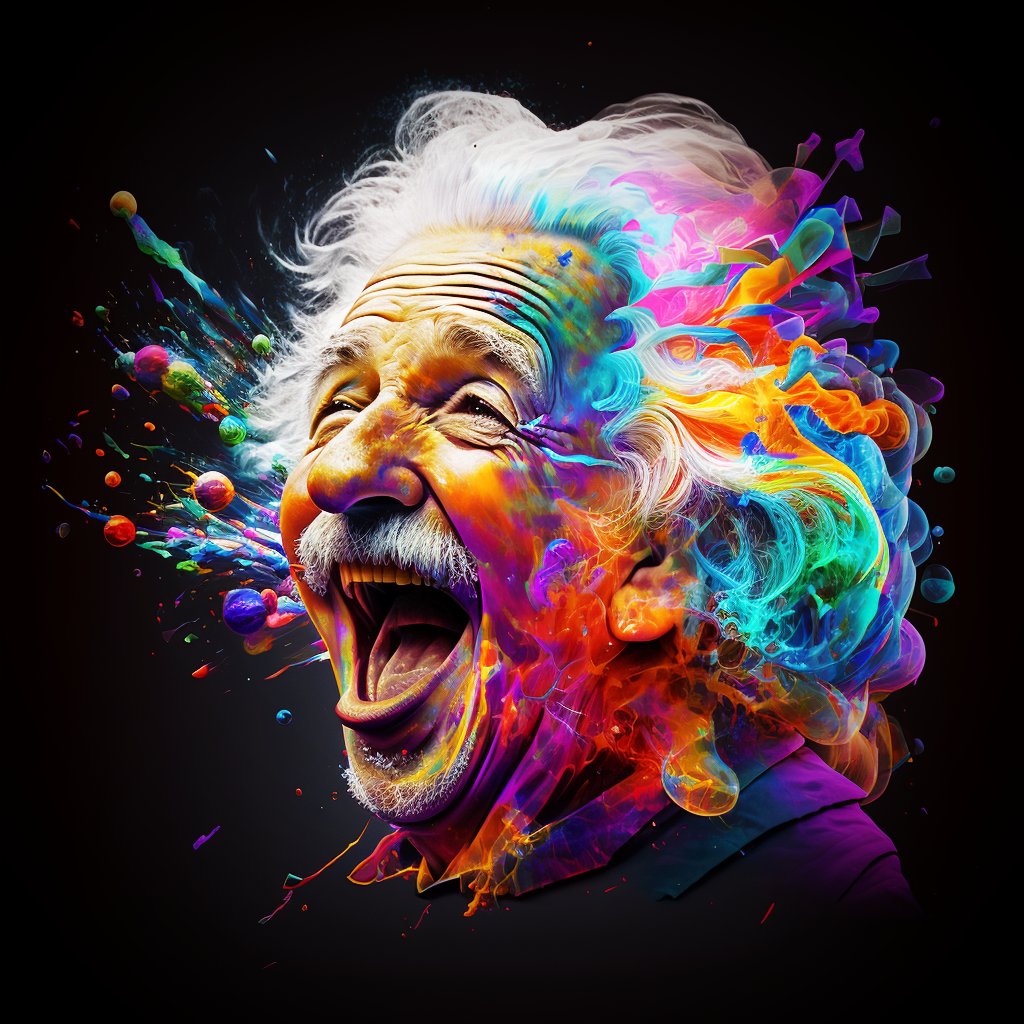Overview
Input
What would it take to be to able to fully recreate the essence of an individual like Albert Einstein?
Output
Fully recreating the essence of an individual like Albert Einstein is an incredibly complex and ethically fraught proposition. It would involve far-reaching advancements in various scientific and technological domains, as well as raising significant ethical and philosophical considerations. While speculative, here are some of the challenges and requirements that would need to be addressed:
-
Understanding Consciousness: To recreate someone's essence, we would need a deep understanding of consciousness, cognition, emotions, memory, and personality at a level that currently eludes us. We would need to decipher the intricacies of how these aspects of human experience arise from neural and biochemical processes.
-
Mapping the Brain: A complete understanding of an individual would require mapping their entire brain structure and its synaptic connections in high detail. This would involve technologies beyond current capabilities and ethical considerations regarding obtaining consent for brain scanning and preservation.
-
Neuroscience and Cognitive Science: Advances in neuroscience, cognitive science, and psychology would be necessary to model the intricate workings of a person's mind. This would include capturing not only their intellectual abilities but also their emotions, intuition, and creativity.
-
Simulation and Emulation: Creating a digital or computational model of the recreated individual would be essential. This model would need to accurately simulate the processes of the brain and mind, possibly involving simulations of neural networks, quantum states, or other advanced computational methods.
-
Data Collection: Gathering an immense amount of data about the individual's life, experiences, writings, and interactions would be essential. This could include personal correspondence, diaries, interviews, and historical records.
-
AI and Machine Learning: Advanced AI and machine learning techniques would be crucial for simulating the person's thought patterns, language use, problem-solving approaches, and decision-making processes.
-
Ethical Considerations: The ethical implications of recreating an individual raise complex questions about consent, privacy, identity, and the potential consequences for society. Obtaining consent from the person or their estate, as well as addressing the moral implications, would be necessary.
-
Philosophical and Conceptual Challenges: The concept of "essence" raises philosophical debates about the nature of identity, consciousness, and the mind-body relationship. Addressing these challenges would require interdisciplinary collaboration between philosophers, scientists, and ethicists.
-
Technological and Computational Power: Such a massive undertaking would require computing resources far beyond what is currently available. Advancements in quantum computing, simulation technologies, and data storage would likely be prerequisites.
-
Unpredictable Complexity: Human beings are products of not only their biology but also their environment, experiences, and interactions with the world. Recreating the essence of an individual would involve an almost infinite number of variables, making it exceedingly complex and potentially unpredictable.
It's important to note that even with significant advancements in these areas, the idea of fully recreating an individual's essence remains speculative and controversial. Many ethical, philosophical, and technical challenges would need to be addressed, and there would likely be ongoing debates about the ethical implications of such endeavors.



Comments
Be the first to comment!